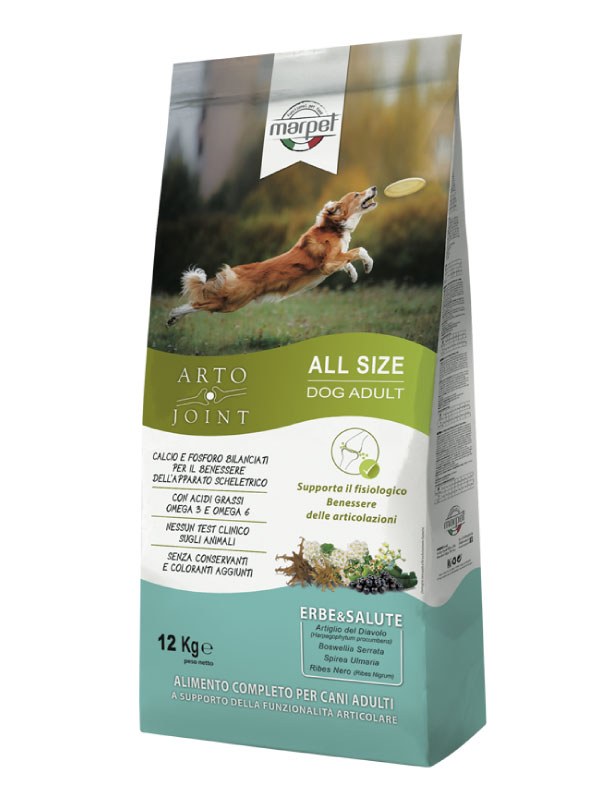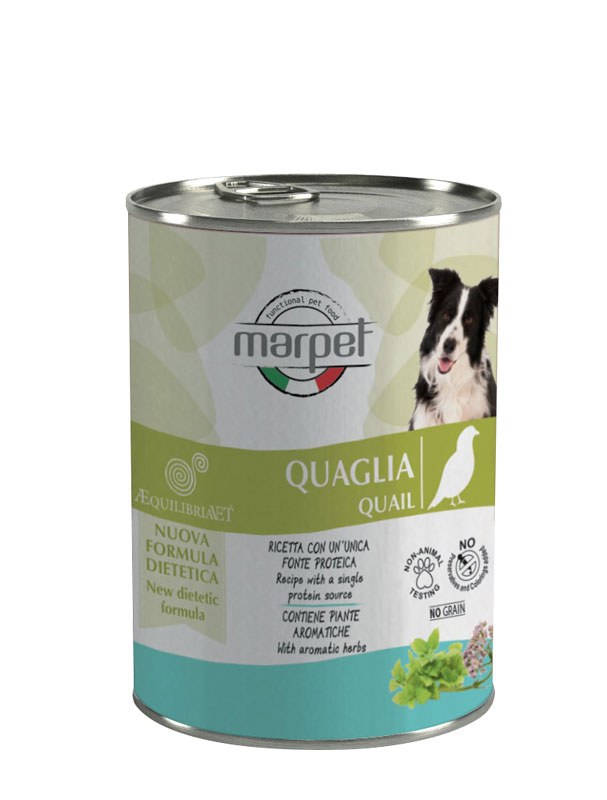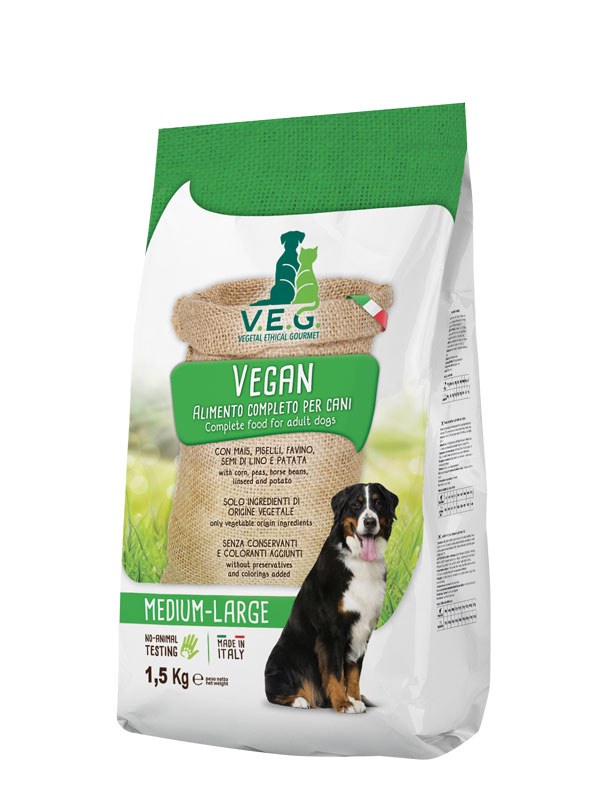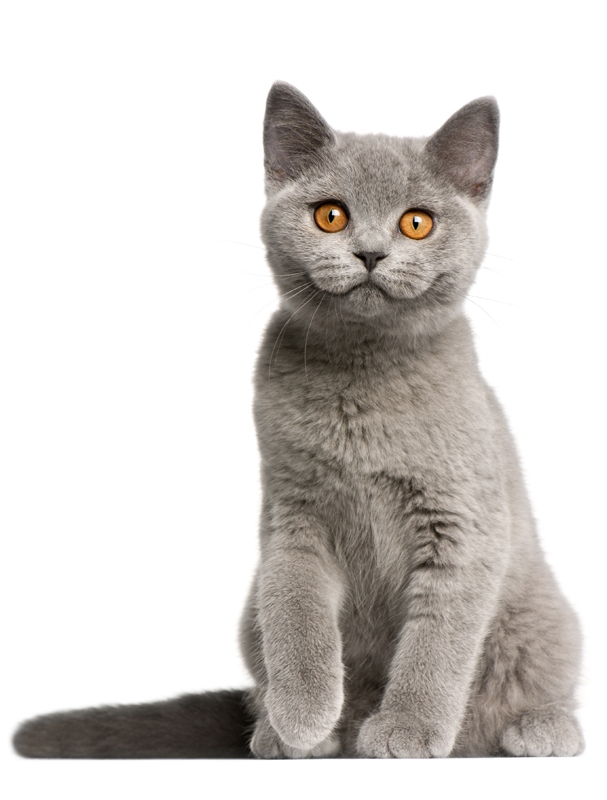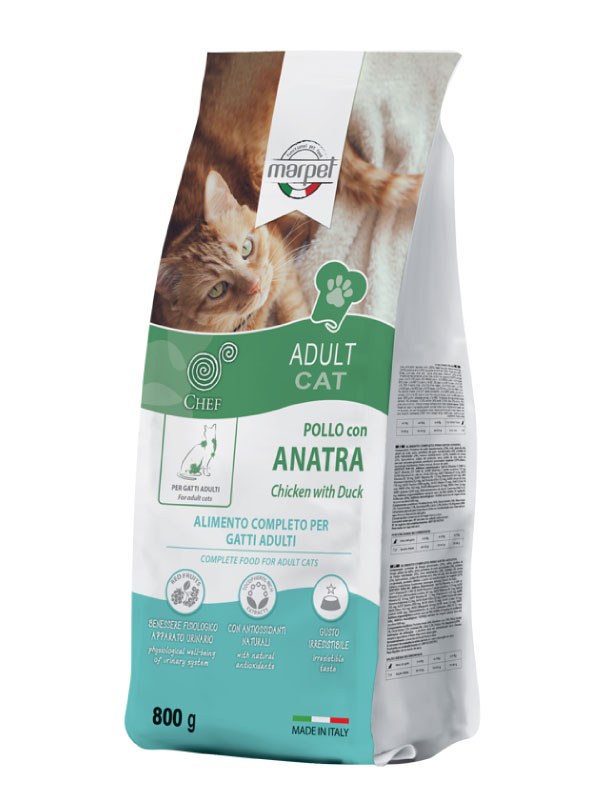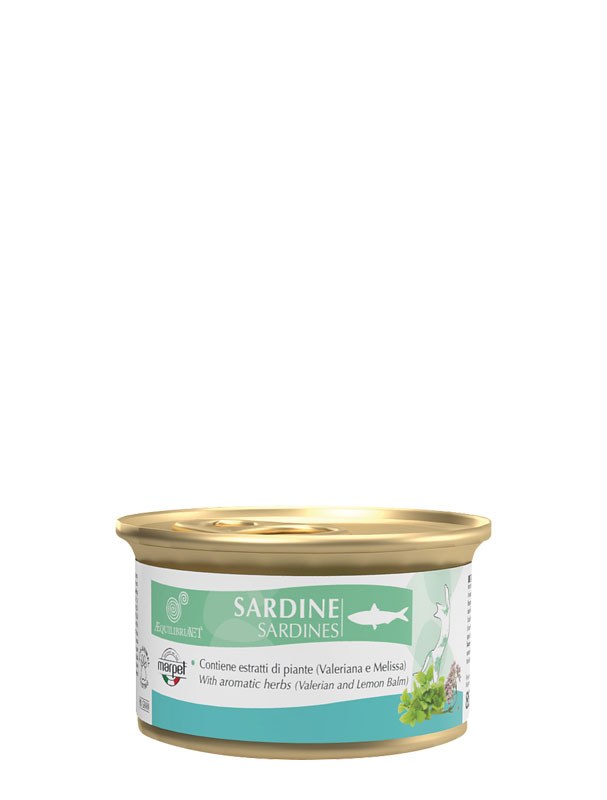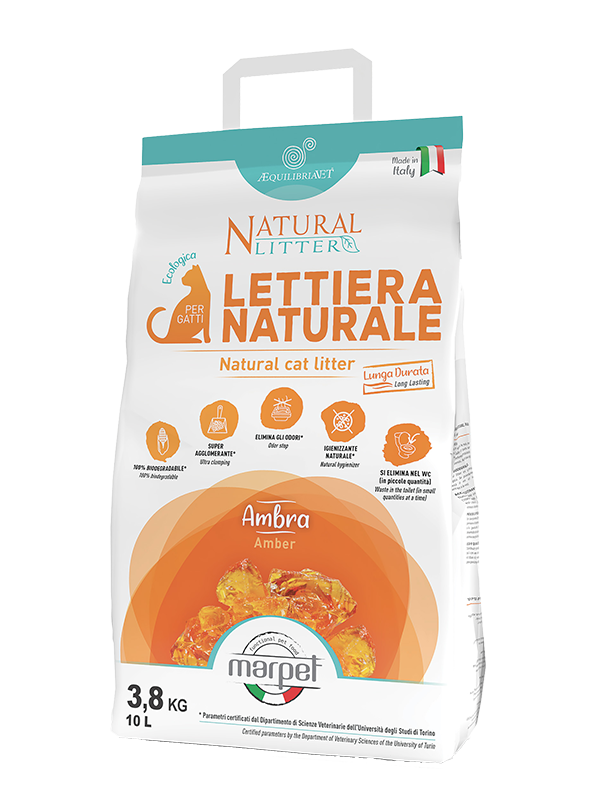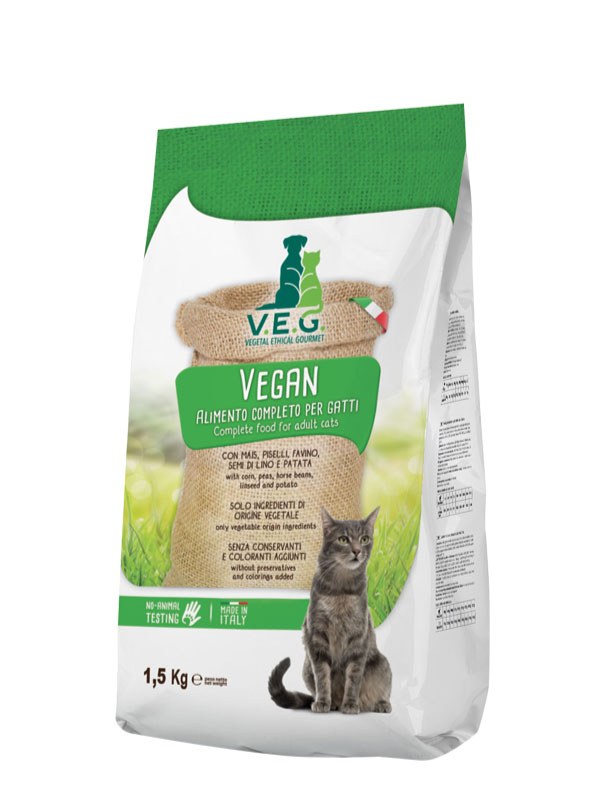Erbe officinali
Equiseto
La sua somministrazione ha dimostrato un'eccellente efficacia come sostegno per la normale ossificazione, favorendo la deposizione di calcio a livello osseo.
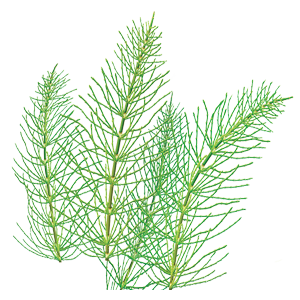
Yucca
Ha effetti di equilibrio della flora intestinale e contribuisce alla funzione digestiva.
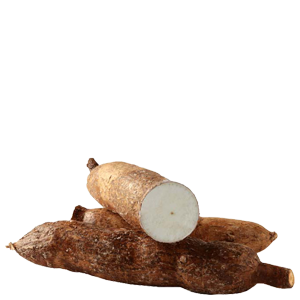
Melissa
Ha proprietà che aiutano l'organismo ad alleviare il nervosismo, facilitando anche il riposo.
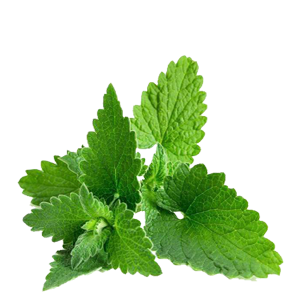
Artiglio del diavolo
Ha significative proprietà disinfiammanti e lenitive.
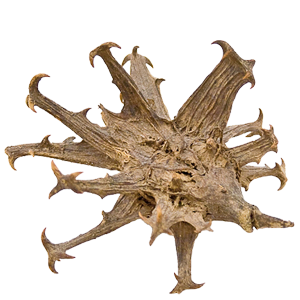
Tarassaco
Possiede proprietà positive sul fegato, grazie alla sua azione protettiva e migliorando la funzione digestiva.
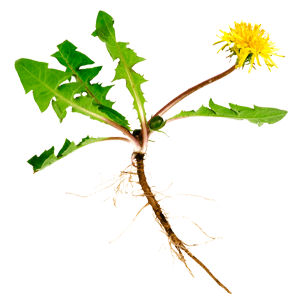
Spirea
Presenta proprietà che favoriscono il fisiologico mantenimento del benessere.
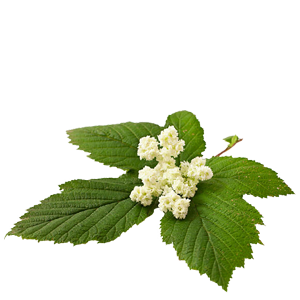
Valeriana
Ha azione rilassante e distensiva ed è consigliata come supporto per la riduzione del disagio e della tensione.
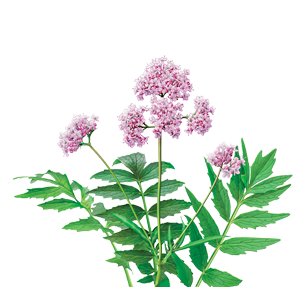
Mirtillo nero
Fonte ricca di antocianine, molecole antiossidanti per eccellenza e di tannini che contribuiscono all'equilibrio della flora intestinale.
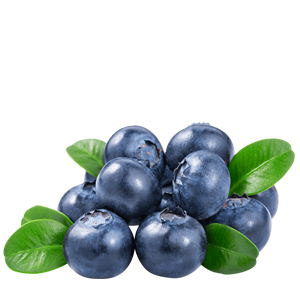
Abenavoli, Ludovico, et al. “Milk thistle in liver diseases: past, present, future.” Phytotherapy Research 24.10 (2010): 1423-1432.
Küçükgergin, Canan, et al. “Effect of artichoke leaf extract on hepatic and cardiac oxidative stress in rats fed on high cholesterol diet.” Biological trace element research 135.1-3 (2010): 264-274.
Davydov, Marina, and A. D. Krikorian. “Eleutherococcus senticosus (Rupr. & Maxim.) Maxim.(Araliaceae) as an adaptogen: a closer look.” Journal of Ethnopharmacology 72.3 (2000): 345-393.
Glatthaar-Saalmüller, Bernadette, Fritz Sacher, and Anke Esperester. “Antiviral activity of an extract derived from roots of Eleutherococcus senticosus.” Antiviral research 50.3 (2001): 223-228.
Badole, Smita, and Swati Kotwal. “Equisetum arvense: Ethanopharmacological and phytochemical review with reference to osteoporosis.” International journal of pharmaceutical science and health care 1.4 (2014).
Offord, Elizabeth A., et al. "Mechanisms involved in the chemoprotective effects of rosemary extract studied in human liver and bronchial cells." Cancer Letters 114.1-2 (1997): 275-281.
Menne, Evelyne, and Nicolas Guggenbuhl. "Fn-type chicory inulin hydrolysate has a prebiotic effect in humans." The Journal of nutrition 130.5 (2000): 1197-1199.
Kouba, Maryline, and Jacques Mourot. "A review of nutritional effects on fat composition of animal products with special emphasis on n-3 polyunsaturated fatty acids." Biochimie 93.1 (2011): 13-17.
Schütz, Katrin, Reinhold Carle, and Andreas Schieber. "Taraxacum—a review on its phytochemical and pharmacological profile." Journal of ethnopharmacology 107.3 (2006): 313-323.
Davaatseren, Munkhtugs, et al. "Taraxacum official (dandelion) leaf extract alleviates high-fat diet-induced nonalcoholic fatty liver." Food and chemical toxicology 58 (2013):
Russell, Wendy R., et al. "Availability of blueberry phenolics for microbial metabolism in the colon and the potential inflammatory implications." Molecular nutrition & food research 51.6 (2007): 726-731.
Schantz, Markus, et al. "Antioxidative efficiency of an anthocyanin rich bilberry extract in the human colon tumor cell lines Caco-2 and HT-29." Journal of berry research 1.1 (2010): 25-33.
Jepson, Ruth G., and Jonathan C. Craig. "A systematic review of the evidence for cranberries and blueberries in UTI prevention." Molecular nutrition & food research 51.6 (2007): 738-745.
Lavigne, Jean-Philippe, et al. "Cranberry (Vaccinium macrocarpon) and urinary tract infections: study model and review of literature." Pathologie-biologie 55.8-9 (2007): 460-464.
Jurenka, Julie. "Therapeutic applications of pomegranate (Punica granatum L.): a review." Alternative medicine review 13.2 (2008): 128.
Ismail, Tariq, Piero Sestili, and Saeed Akhtar. "Pomegranate peel and fruit extracts: a review of potential anti-inflammatory and anti-infective effects." Journal of Ethnopharmacology 143.2 (2012): 397-405.


